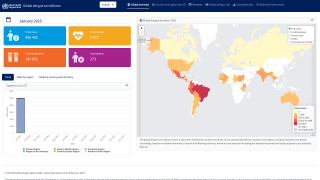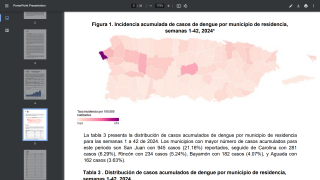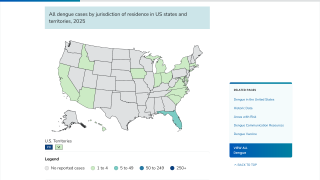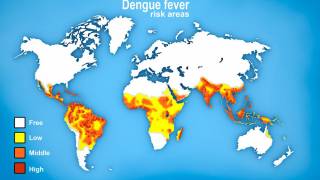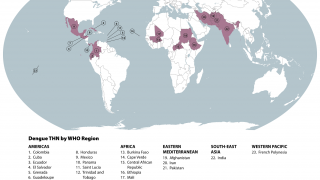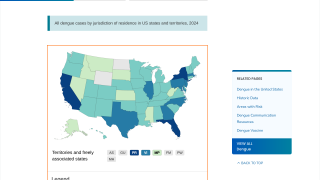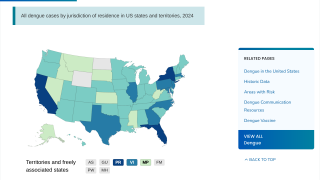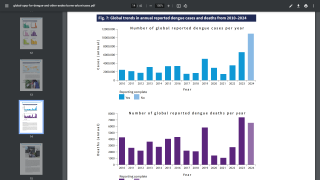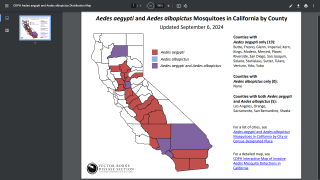Brazil's Dengue Outbreak Moves South
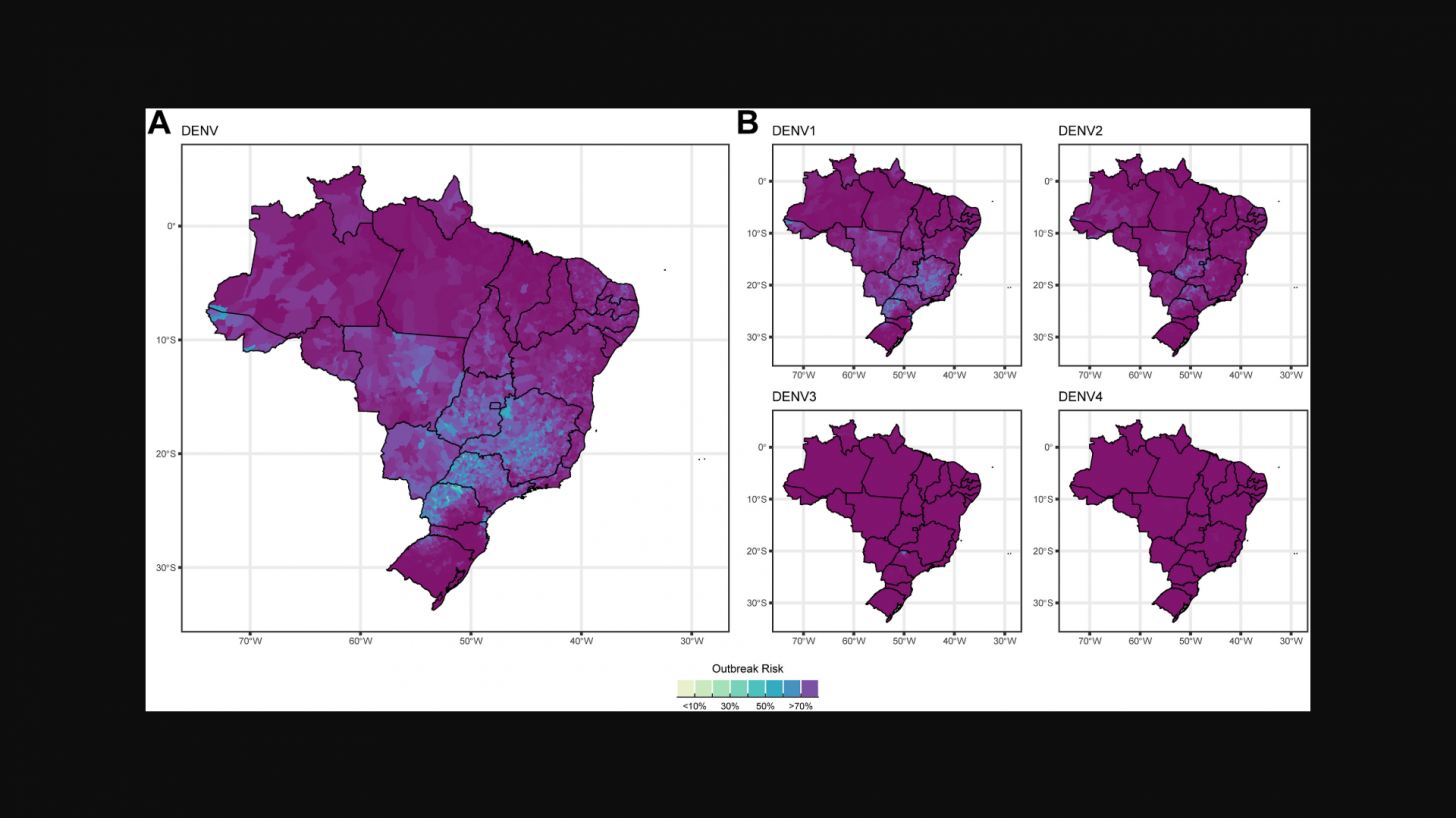
For decades, the Federative Republic of Brazil has been one of the most affected countries by dengue outbreaks in the world, with an average of over three million confirmed cases most years.
Over the past 25 years, nearly 18 million Brazilians have been infected with this mosquito-transmitted virus.
However, Brazil was the unfortunate leader in the Region of the Americas last year, reporting over 9.6 million dengue cases and 5,441 related deaths in 2024. Many of those cases were confirmed in São Paulo.
According to a commentary published by The Lancet on March 22, 2025, this 'situation poses a concern about whether the epidemic will be recurrent or decline as more people get infected and develop lifelong immunity.'
There are four dengue viruses, which means people can be infected multiple times.
A study published in 2024 concluded that the co-circulation of multiple dengue virus genotypes is associated with increased cases, highlighting the importance of continuous surveillance.
There is a concern about whether the current range of dengue across the territory will be rescinded, maintained, or expanded. The latter appears to be the present situation, with particular concern for the South region.
These researchers created risk maps for potential outbreaks using Brazil's historic dengue incidence rate to answer this.
'First, we summarized the dengue incidence for each municipality over the past ten years. We aggregated the confirmed dengue cases from 2015 to 2024 and calculated the cases-to-population ratio, representing the historical incidence.
To create a more accurate version of this ratio, we applied a Bayesian model that considers the case counts from neighboring areas to estimate the actual number of cases within each municipality.
For the short-term period, we assumed that the ratio reflects lifelong immunity and that it is unlikely for a dengue season to include serotypes that were not represented in our dataset. Then, the complement of the ratio was calculated to determine the outbreak risk.
'This means that areas (in the south and mountains) with low dengue incidence over the past ten years are likely to be more susceptible to dengue outbreaks,' wrote these researchers.
Mosquitoes that spread Dengue viruses usually live below 6,500 feet elevation; therefore, a person's chances of getting dengue in high altitudes are very low.
To notify international travelers, the U.S. Centers for Disease Control and Prevention (CDC) published a Health Update on March 18, 2025, highlighting the ongoing risk of dengue infections and updates to testing recommendations.
On March 20, 2025, the CDC reissued a Global Travel Health Notice regarding dengue outbreaks in the Americas, which highlighted Brazil.
While about 40 countries offer dengue prevention vaccines in 2025, the U.S. does not.
Our Trust Standards: Medical Advisory Committee

